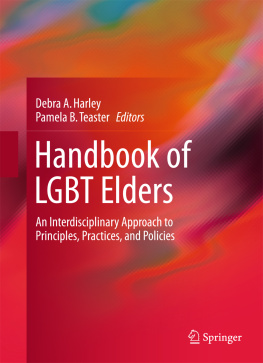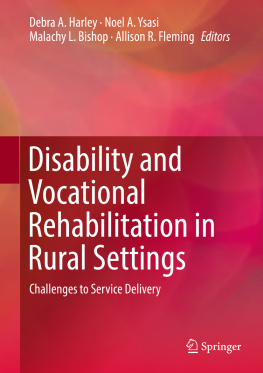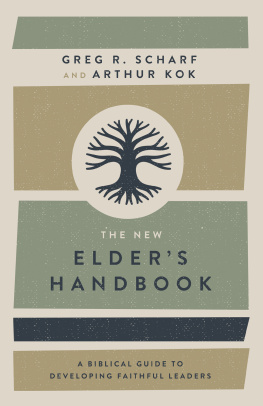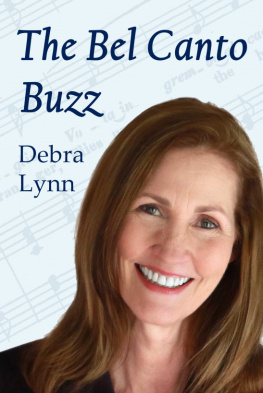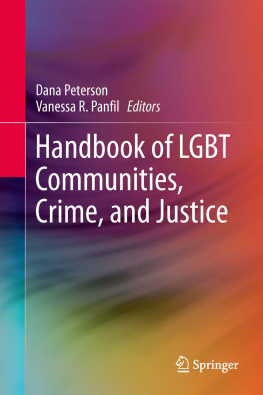Overview
This introductory chapter on theories, constructs, and applications in working with LGBT elders presents an overview of select theories of sexual orientation and gender identity. The reader is reminded that just as identities are culturally defined, theories of sexual identity are framed within cultural contexts as well. Thus, the terminology of the LGBT acronym may not accurately reflect how sexual minorities are discussed within certain cultures. However, Burleson ().
Although it is beyond the scope of this chapter to include all theories, constructs, and applications in human services, our intent is to present an overview of select theoretical constructs and models of sexual identity, counseling, public health, gerontology, and social work that can be applied with aging LGBT populations. These theories underscore the necessity of helping present and future professionals who understand differences among LGBT elders and the complex nature of identity, their psychosocial adjustment, and ways in which the stigma of sexual identity and gender identity affects their well-being. Specific theories of late adulthood development and functional capacity are presented in Chap.. Also, it is not the intent of this chapter to present techniques for counseling LGBT elder in specific circumstances (e.g., couples or relationship, family, mental), nor to critique various theories. Although the various theories and models in this chapter are presented according to discipline, theories are not mutually exclusive to disciplines. A theory may easily be applied by various disciplines to investigate and explain behavior and phenomenon.
Learning Objectives
By the end of the chapter, the reader should be able to:
Understand the various theories of LGBT identity development.
Identify the counseling theories that can be applied effectively for work with LGBT elders.
Identify the theories of public health and practice.
Identify the social work theories that work effectively with LGBT elders.
Explain how various practice models can be integrated in working with LGBT elders.
Introduction
Theory is a general statement, proposition, or hypothesis about a real situation that can be supported by evidence obtained through a scientific method. A theory explains in a proven way why something happens and offers guidance in explaining and responding to forgoing problems (Gratwick et al. ). Every discipline has theories to explain particular phenomena upon which it operate to guide development of hypotheses, research, and recommendations for best practices and policy. In fact, Payne suggests that theory succeeds best when it contains all three elementsperspective, theory, and model/construct. Theory serves the function of providing practitioners a guide for behavior in very specific circumstances and making decisions.
Although various disciplines study aging, the study of older persons occurs primarily within the discipline of gerontology. Hooyman and Kiyak () report that of service providers affiliated with the National Association of Area Agencies on Aging, only 15 % provide services tailored to the need of older LGBT adults. Moreover, at the organizational level, LGBT older adults are literally not being seen, organizations are not directing resources to these populations, and it appears that there is agency resistance to acknowledging the distinctiveness of LGBT aging issues.
Considering the increase in the number of older persons in general and the projection for continued growth in numbers and anticipated growth in the one to three million individuals in the USA over age 65 who are already identified as LGBT, the lack of focus of multidisciplinary research relegates older LGBT persons to a status of invisibility. Mabey () contends that the omission of LGBT elders in gerontological research leaves professional counselors without a substantive bridge with which to connect resources with treatment planning when working with sexual minorities (p. 57). Moreover, ageism as experienced in LGBT communities has the additional impact of making a marginalized and stigmatized group feel even more of a minority.
Elderly LGBT Diversity, Identity, and Resilience
As an LGBT person and an older person, an LGBT elder does not belong to one homogenous group within the acronym. LGBT elders come from every race and ethnicity, nationality, gender, ability level, socioeconomic status, place, and space. Some LGBT elders have been married and have children, while other have either or neither. Thus, LGBT elders cannot be grouped or treated as one cohesive category (Mabey ). Older LGBT persons grew up during a time when homosexuality and gender nonconformity were viewed as a mental illness, a sin, or a sexual perversion. Open discussion about homosexuality, sexual identity, and gender identity was not done. Rather, secrecy about ones sexual desires and behaviors was the norm; to reveal that ones sexual orientation was other than heterosexual or ones gender identity was other than conforming to social expectations was not only vocationally and socially devastating, but patently unsafe. Negative attitudes and perceptions about LGBT persons are not only historical. Today, heterosexism, homophobia, transphobia, and biphobia continue to be intertwined in social customs, cultural beliefs, institutional structures, and policy development. It is both the long-term and ongoing socially sanctioned discrimination, prejudice, and stereotypes that present unique challenges and, ironically, opportunities for LGBT persons globally (e.g., Austria, Canada, England, Ireland, USA). Because of the diversity among LGBT elders, some of the stereotypes encompass the entire LGBT population such as its attempts to covert heterosexuals that the population is composed of pedophiles or that it is a threat to marriage and structure of the family. Other stereotypes are specific to subgroups of LGBT persons such as the belief that a lesbian cannot get a man, gay men are responsible for HIV/AIDS, or that older LGBT persons are not attractive.

